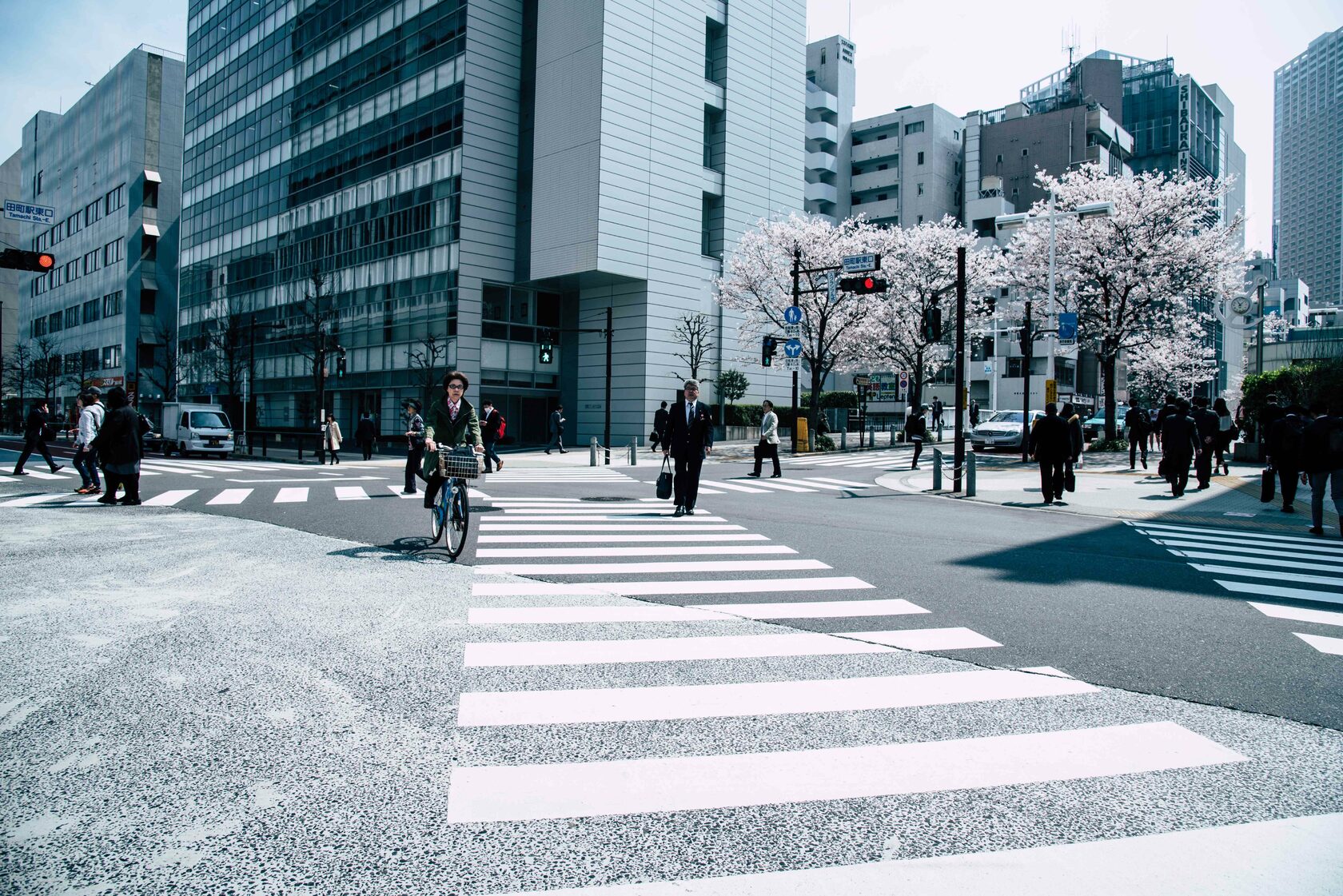
Japan's new Digital Nomad Visa opens up exciting opportunities for remote workers, allowing them to experience the rich cultural tapestry of the country while pursuing their professional endeavors in a flexible and dynamic environment.
Does Japan have a digital nomad visa?
Blessed with superb infrastructure, high-speed internet, a transparent and clean governance system, as well as affordable living costs, Japan emerges as an ideal destination for digital nomads. However, the absence of a dedicated digital nomad visa poses a challenge. Fortunately, this may be on the verge of changing soon.
Why Japan would be great for digital nomads?
The distinctive attributes of Japan render it an appealing destination for digital nomads. Its internationally acclaimed safety standards make it a secure option for remote professionals. With unparalleled cleanliness, Japan offers a comfortable setting for both living and working. Additionally, the country's outstanding public transportation system guarantees convenient access to various regions.
Who can apply for the digital nomad visa for Japan?
Digital nomads and individuals affiliated with this profession are eligible to apply for the digital nomad visa for Japan.
Digital nomad visa in Japan: requirements
Requirements for the Japan digital nomad visa may include:
- Qualification Verification: Applicants may be required to demonstrate active engagement in remote work or freelance activities, along with possessing the relevant skills and qualifications for their profession.
- Financial Documentation: Providing proof of financial stability, such as bank statements or evidence of a consistent income source, might be necessary to ensure applicants can support themselves during their digital nomad stay.
- Health Insurance: Similar to standard visa applications, having comprehensive health insurance coverage could be a prerequisite for the digital nomad visa in Japan.
- Accommodation Confirmation: Submitting evidence of accommodation arrangements, such as a rental agreement or confirmation of a place to stay, may be a stipulated requirement.
- Passport and Photographs: Standard document requirements would likely include a valid passport with sufficient validity and recent passport-sized photographs.
- Application Form Submission: Completing the official digital nomad visa application form accurately and providing all required information is expected in the application process.
- Visa Fees: An application fee is anticipated to be associated with the visa process. The fees may vary based on the duration of the digital nomad visa and the services covered.
What are the minimum income requirements for the Japan digital nomad visa?
To meet the criteria for the Japan digital nomad visa, applicants must demonstrate an annual income of at least 10 million yen (equivalent to USD $68,341).
How to apply for the Japan digital nomad visa?
Here is a comprehensive guide outlining the steps to apply for the Japan digital nomad visa:
- Check Eligibility Criteria
- Prepare Required Documents
- Interview (If Required)
- Wait for Approval
- Visa Issuance
- Travel to Japan
What is the length of the Japan digital nomad visa?
Upon successful approval, the holder of the digital nomad visa gains the privilege to engage in remote work activities in Japan for a duration of six months. Additionally, the visa allows for the inclusion of a spouse and children to accompany the visa recipient during their stay.
Digital nomad visa in Japan: cost, taxes and processing time
While the precise structure of Japan's digital nomad visa remains unknown, it is anticipated to be competitively priced compared to similar visas offered by other countries. Visa application fees, covering administrative expenses, will likely vary depending on the duration and benefits provided, aligning with the diverse pricing in existing visa categories in Japan.
Applicants should be prepared for both the initial application fee and potential costs associated with extensions or renewals. The processing time for the Japan digital nomad visa is expected to fluctuate based on application volume and individual circumstances. While exact timelines are yet to be determined, typical visa processes in Japan generally span 1 to 3 months; however, the digital nomad visa is likely to have a faster processing time, possibly taking only a few weeks.
Applicants should be prepared for both the initial application fee and potential costs associated with extensions or renewals. The processing time for the Japan digital nomad visa is expected to fluctuate based on application volume and individual circumstances. While exact timelines are yet to be determined, typical visa processes in Japan generally span 1 to 3 months; however, the digital nomad visa is likely to have a faster processing time, possibly taking only a few weeks.
What if I’m not eligible for Japan digital nomad visa as a digital nomad?
If you find yourself ineligible for the Japan digital nomad visa as a digital nomad, it's essential to explore alternative visa options or consider different pathways that align with your specific circumstances. Japan offers various visa categories, each designed to accommodate different purposes of stay, such as work, study, or tourism. Consulting with immigration authorities or seeking professional advice can help you navigate alternative routes that may suit your situation and allow you to experience Japan for your desired duration.
Digital nomad visa in Japan on Reddit
Li from Istanbul says: "Digital nomads prefer to avoid traditional aspects such as local bank accounts, Gajin cards, or long-term housing commitments. Their preference lies in securing a long-stay tourist visa that allows legal work. Essentially, digital nomads, akin to tourists with laptops, aim for flexibility without establishing deep roots in the countries they temporarily inhabit. While Japan already attracts numerous tourists, accommodating digital nomads could be a seamless addition. However, some individuals, particularly those who find significance in permanently residing in Japan, may express reservations about facilitating an easier lifestyle for others, potentially diluting their sense of uniqueness and personal connection to the country."

